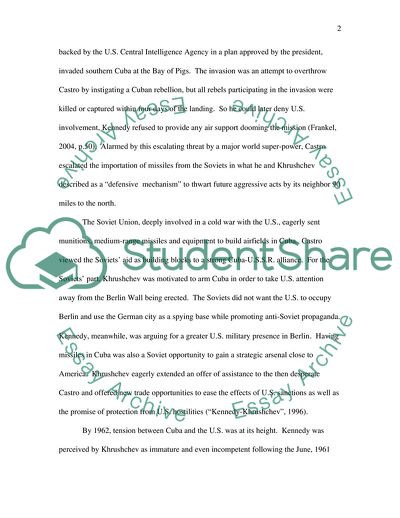Cite this document
(National Security: the Protection of the Nations Citizens Article, n.d.)
National Security: the Protection of the Nations Citizens Article. Retrieved from https://studentshare.org/politics/1710008-national-security
National Security: the Protection of the Nations Citizens Article. Retrieved from https://studentshare.org/politics/1710008-national-security
(National Security: The Protection of the Nations Citizens Article)
National Security: The Protection of the Nations Citizens Article. https://studentshare.org/politics/1710008-national-security.
National Security: The Protection of the Nations Citizens Article. https://studentshare.org/politics/1710008-national-security.
“National Security: The Protection of the Nations Citizens Article”, n.d. https://studentshare.org/politics/1710008-national-security.


